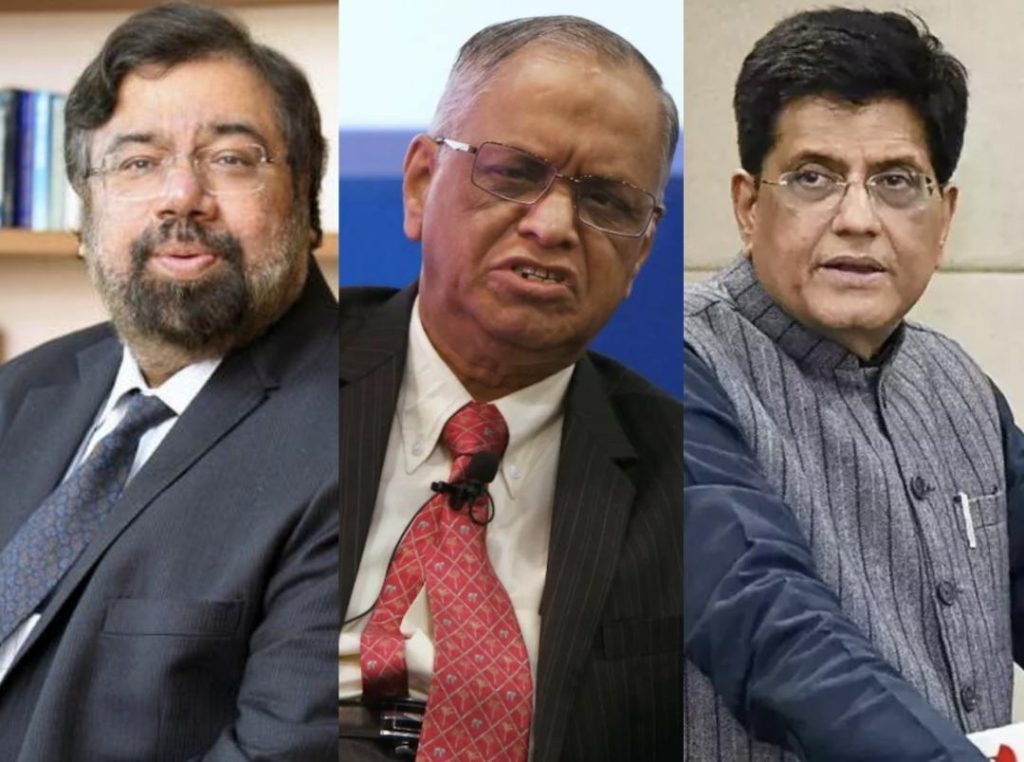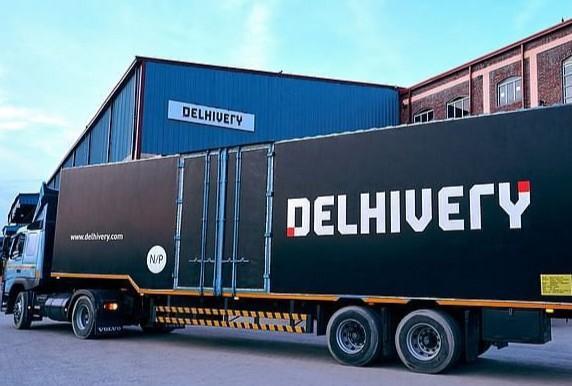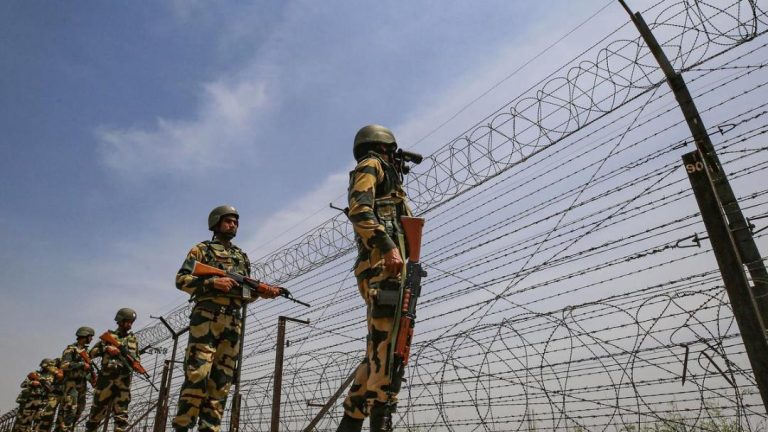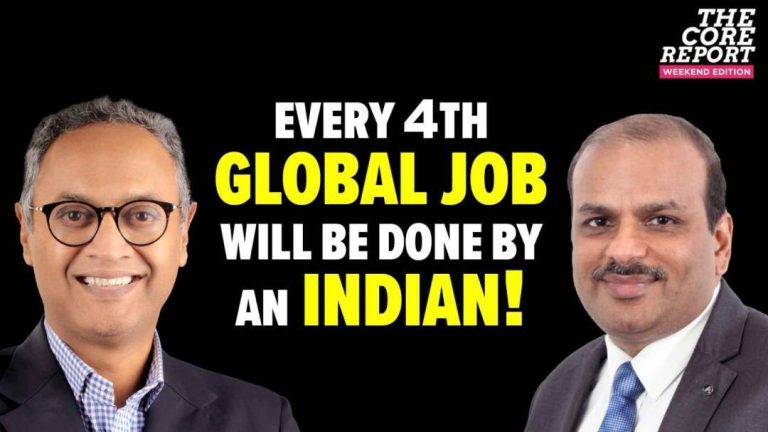
Title: Not Literal, Directional: Goenka on Murthy’s 70-hr Workweek, Goyal’s Startup Remarks
In a recent tweet, billionaire Harsh Goenka sparked a debate on the importance of hard work and innovation in the Indian startup ecosystem. His remarks came in response to Union Minister Piyush Goyal’s criticism of Indian startups, particularly his comment on a vegan ice cream startup. Goenka’s tweet read: “When Murthy and Subrahmanyan spoke of 70-90 hour work weeks and Piyush Goyal questioned startups making vegan ice creams…they weren’t being literal—they were directional. If India wants to compete with US or China, we can’t just focus on comfort, convenience & brands.”
Goenka’s tweet was in reference to the remarks made by Infosys co-founder N.R. Narayana Murthy and his son Rohan Murthy, who had spoken about the importance of working long hours to achieve success. Rohan Murthy had stated that he and his team worked 70-90 hour weeks to develop a new product, while Murthy had emphasized the need for entrepreneurs to be willing to put in extra effort to succeed. Goenka’s tweet was also a response to Goyal’s comment on a vegan ice cream startup, which the minister had criticized for its focus on making “frivolous” products rather than contributing to the country’s economic growth.
Goenka’s remarks have sparked a debate on the nature of entrepreneurship and innovation in India. While some have interpreted his tweet as a defense of the startup ecosystem and the importance of hard work, others have seen it as a criticism of the industry’s focus on comfort and convenience. In this blog post, we will explore the implications of Goenka’s tweet and the broader issues it raises about the Indian startup ecosystem.
The Context: Goyal’s Criticism of Indian Startups
Goyal’s criticism of Indian startups was not the first time that the minister had spoken out against the industry. Earlier this year, he had criticized the government’s decision to allow foreign direct investment (FDI) in the e-commerce sector, stating that it would harm the interests of small and medium-sized enterprises (SMEs). Goyal’s criticism of the startup ecosystem was seen as a reflection of his concern that the industry was prioritizing profit over social responsibility.
Goyal’s criticism of the vegan ice cream startup was seen as a extension of this concern. He had stated that the startup was making “frivolous” products that were not contributing to the country’s economic growth. This comment was seen as a criticism of the startup’s focus on making a product that was not seen as essential or useful.
Goenka’s Response: Not Literal, Directional
Goenka’s tweet was a response to Goyal’s criticism of the startup ecosystem. He argued that the remarks made by Murthy and Subrahmanyan about working long hours were not meant to be taken literally. Instead, they were “directional” in the sense that they were meant to inspire entrepreneurs to work hard and innovate.
Goenka’s tweet was also a defense of the startup ecosystem, which he saw as a vital part of India’s economic growth. He argued that the industry was creating jobs and driving innovation, and that it was not fair to criticize it for prioritizing profit over social responsibility.
The Implications of Goenka’s Tweet
Goenka’s tweet has sparked a debate on the nature of entrepreneurship and innovation in India. While some have seen his tweet as a defense of the startup ecosystem, others have seen it as a criticism of the industry’s focus on comfort and convenience.
One implication of Goenka’s tweet is that it highlights the need for entrepreneurs to be willing to take risks and work hard to achieve success. This is a message that is often emphasized by successful entrepreneurs, who speak about the importance of perseverance and hard work in overcoming obstacles and achieving their goals.
Another implication of Goenka’s tweet is that it emphasizes the importance of innovation in driving economic growth. This is a message that is often emphasized by policymakers, who see innovation as a key driver of economic growth and job creation.
However, Goenka’s tweet also raises the question of whether the startup ecosystem is prioritizing profit over social responsibility. This is a concern that has been raised by some critics of the industry, who argue that the focus on profit is leading to a lack of social responsibility and a failure to address social and environmental issues.
Conclusion
Goenka’s tweet has sparked a debate on the nature of entrepreneurship and innovation in India. While some have seen his tweet as a defense of the startup ecosystem, others have seen it as a criticism of the industry’s focus on comfort and convenience. The debate highlights the need for entrepreneurs to be willing to take risks and work hard to achieve success, as well as the importance of innovation in driving economic growth.
However, the debate also raises the question of whether the startup ecosystem is prioritizing profit over social responsibility. This is a concern that needs to be addressed by policymakers and entrepreneurs alike, who must balance the need for profit with the need to address social and environmental issues.
Source:






